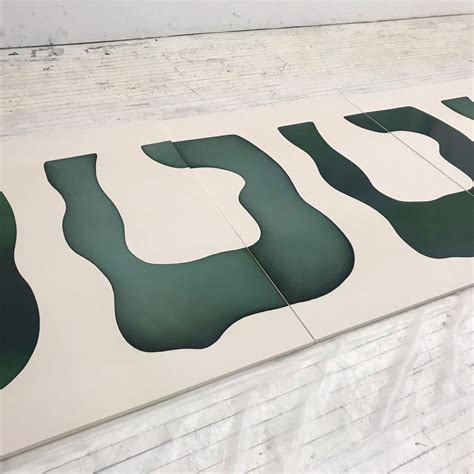A Quote by David Chang
Say a child raises this beautiful beet. It's going to give her a sense of ownership, and that changes everything. You stop taking things for granted; you become less wasteful.
Related Quotes
There's not one woman in America who does not care about her hair, but we give it way too much value. We deprive ourselves of things, we use it to destroy each other, we'll look at a child and judge a mother and her sense of motherhood by the way the child's hair looks. I am not going to traumatize my child about her hair. I want her to love her hair.
The more often we see the things around us - even the beautiful and wonderful things - the more they become invisible to us. That is why we often take for granted the beauty of this world: the flowers, the trees, the birds, the clouds - even those we love. Because we see things so often, we see them less and less.
Swami cannot give peace of mind; you must work for it yourselves. First, stop the questioning and ask, 'who am I?'. This is my body, my mind, my intelligence. But who is this 'My'? Who is it that claims the ownership of that which is declared to be 'mine'? 'My' indicates ownership. That 'My' is the life. As long as the life is in the body, there is this connection between the 'my' and the intellect - 'my' body, 'my' house, 'my' land. But the moment you remove the life from the body, there is no 'my' or sense of possession. Life is God.
On one level, I'm interested in how the space dictates the effect visually - how the composition of a given work changes depending on the nature of each wall. But I'm also trying to emphasize less tangible elements: the amount of time it takes to walk the gallery's perimeter; how one's physical distance affects his or her sense of the overall composition; how the size of the space creates a sense of visual rhythm. It's really a matter of seeing how much structure is necessary to impose for those things to become apparent.







































